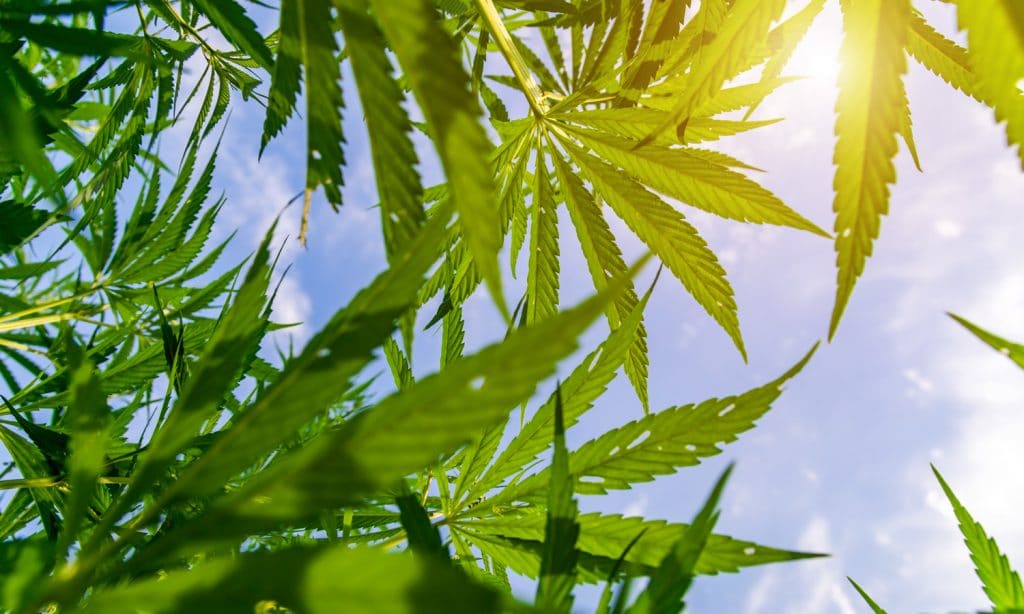Unlike petrochemical-based lubricants, hemp is a renewable resource that actually reduces carbon dioxide in the air.
A significant number of consumers are looking for products that are more eco-friendly from companies with more sustainable operations. Even investors are putting large corporations’ feet to the fire, expecting firms to not only be profitable, but also reduce their environmental impact. Some sectors of the economy, such as the automotive industry, also faces regulatory pressure to make their products more fuel efficient and emit fewer pollutants. Could hemp help automakers make their cars greener?
Hemp’s use in the making of automobiles is not new; manufacturers such as Ford experimented with using the plant to make and fuel cars. Although Ford making a car almost entirely out of hemp is a stoner myth, the automaker’s founder and namesake wanted to find ways to help farmers financially afloat during the Great Depression.
Metal, plastic, fabric, even lubricants and fuel can be made out of hemp. Carbon fiber panels, popular on sports cars and as aftermarket performance upgrades, can be replaced by interwoven hemp fabric and epoxy. Hemp plastics are strong, durable and lighter than steel or aluminum. Creating lightweight vehicles increases fuel efficiency, as it takes less fuel to move less car, while increasing range, critical for small electric cars. Interiors can be made out of hemp fabric, which BMW has started doing with their electric model i3. Even faux-leather can be made out of hemp.
RELATED: USDA Releases Hemp Rules
Cars are full of moving parts, and those parts usually require some kind of lubricant to perform smoothly and trouble-free. Hemp, especially the seeds, can be processed into oils and greases, and unlike petrochemical-based lubricants, hemp is a renewable resource that actually reduces carbon dioxide in the air, absorbing the greenhouse gas and emitting oxygen.

That’s not to say industrial hemp is not without its ecological drawbacks, including polluting waterways with agricultural runoff. And like all plants, hemp requires water to grow. Despite these potential issues, farming cannabis for hemp is less destructive than strip mining bauxite for aluminum, a common material used to make automotive parts.
Synthetic fabrics and plastic parts found inside a car are usually made from plastic derived from non-renewable petroleum. Hemp can also be produced domestically, making it immune to potential price hikes and supply issues stemming from trade wars or oil prices.
RELATED: Hemp, Hemp, Hooray! How Hemp Can Save The Planet
Avoiding all ecological damage is perhaps as unavoidable as it is impractical for many to replace their automobile with a bicycle or buss pass. Mitigating the consequences of modern convenience that cars provide is the next best thing and hemp shows much promise in that respect.


